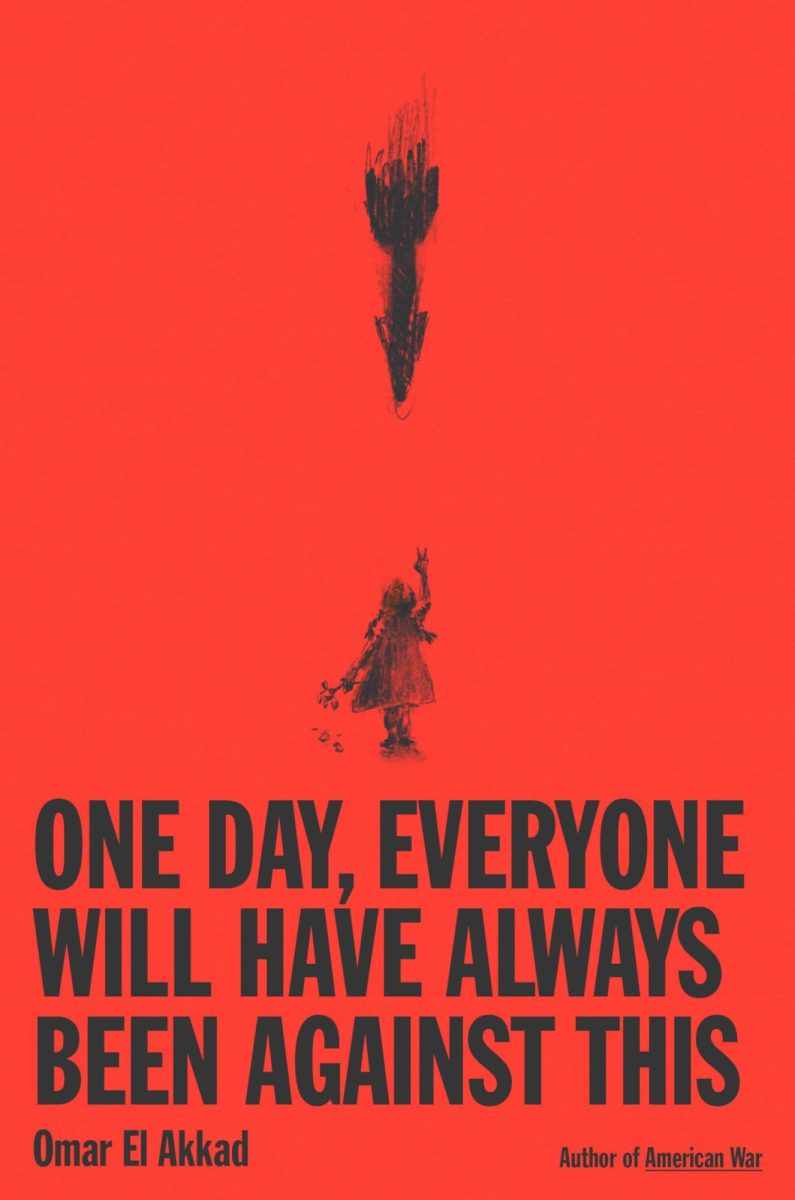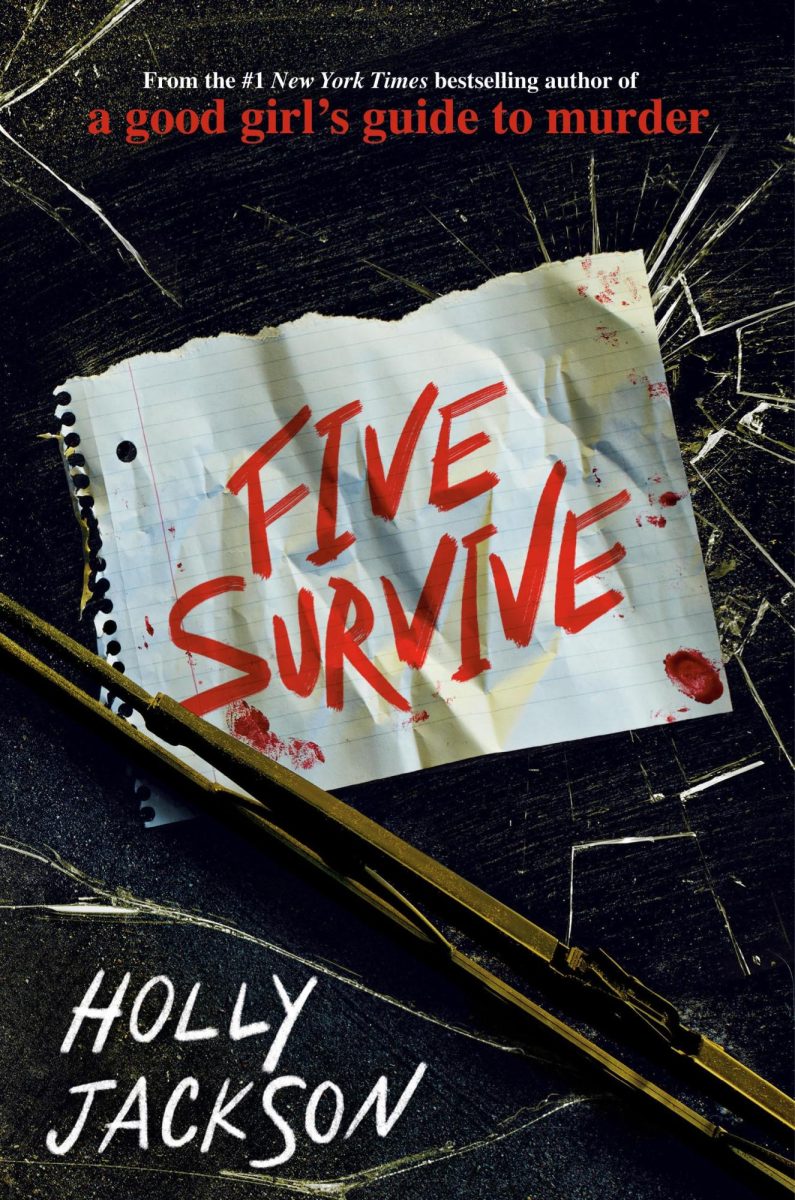Silence, complicity, and the soft denial of other people’s suffering—these are the terrains Omar El Akkad traverses in One Day, Everyone Will Have Always Been Against This, a blistering, soul-shaking piece of nonfiction that refuses to let the reader look away. I picked it up on a whim, expecting something more abstract or intellectualized, maybe another distant political commentary dressed up in lyrical prose. What I found instead was something raw. A reckoning. A book that reads like an open wound.
At its core, One Day is about the stories we erase. Or worse—the ones we acknowledge too late, only after the damage has been done, once the silence is no longer useful to power. El Akkad—journalist, novelist, witness—doesn’t write with distance. He writes with fury disguised as calm urgency, layered in grief. Whether he’s interrogating the hypocrisy of Western literary institutions or mourning the world’s indifference to the plights of refugees, his voice is steady but scorched. There’s nothing performative about it. He isn’t offering hot takes or moral superiority. He’s offering the kind of truth that burns through comfort.
This is not a book of detached analysis or abstract arguments. It’s about how you live with yourself when you know what’s happening and still do nothing. It’s about the moment you scroll past a video of a bombed apartment building because you “can’t take it today.” It’s about the moral theater of statements, signatures, hashtags—and the gaping absence of actual solidarity. El Akkad forces us to confront that absence, to ask what we mean when we say “never again” and yet let it keep happening.
What makes One Day unforgettable is how personal it is. El Akkad doesn’t just critique systems—he interrogates his own place within them. He talks about how identity can become a shield, how proximity to suffering can numb instead of awaken, how even the people who care deeply can still be part of the problem. He writes about being a father, about raising his child in a world where some lives are televised while others are rendered invisible. And he does it with language that is devastatingly precise. The kind of writing that makes you pause, reread, and sit with discomfort.
This isn’t a book you “agree” or “disagree” with. It’s a book you reckon with. It holds up a mirror, not just to individuals, but to entire systems of thought, to whole nations built on the myth of benevolence. El Akkad doesn’t offer solutions. He doesn’t tie anything up with a bow. What he offers instead is the question: what will history say you did when silence was easiest and complicity paid best?
Five stars. And a heavy heart.







